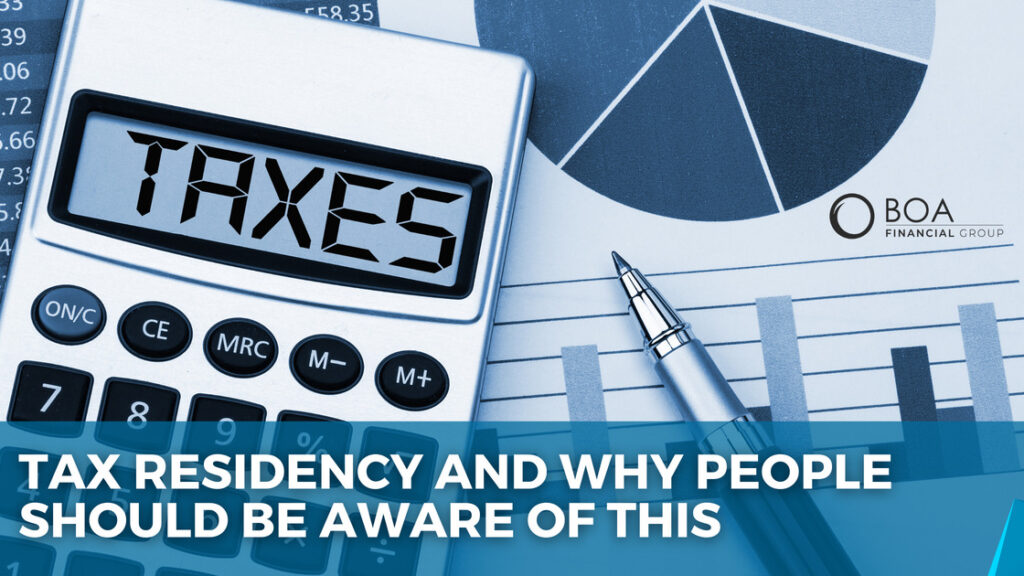
Some of the high-net-worth clients we have served have misconceptions about international tax regulations, believing that as long as they do not reside in any country for 183 days or more, they will not be considered tax residents. Determining tax residency is a highly complex process and the 183-day rule is only a preliminary criterion.
Furthermore, with the widespread use of AI, tax authorities are using global data to train AI models to detect tax evasion and non-compliance. Once discovered, the tax owed plus fines and penalties can easily wipe out a person’s wealth.
Before determining whether a person is a tax resident, the following principles must be considered:
- Connection to the country of residence – When a country determines whether an individual is a tax resident, it generally depends on the connection to the country of residence. In section 10 of TR 2022/D2, the ATO clearly states whether an individual is a tax resident depends on their connection to Australia. The closer the connection, the more likely they are to be considered a tax resident.
- Facts and circumstances — Determining a person’s connection to their country of residence depends on all the facts and circumstances, and no single fact can directly determine whether a person is a tax resident.
- Significance of facts — Even if all the facts and circumstances are known, their significance varies from person to person. This is the most difficult point to grasp in determining whether a person is a tax resident.
- Interpretation of facts — Even for the same facts, their interpretation can be influenced by an individual’s intentions, motivations, and living circumstances. For example, two Chinese people may have the same circumstances, but if one intends to return to China in the future and the other does not, the latter is more likely to be considered a tax resident of Australia.
One of the tests used to determine whether a person is a tax resident of Australia is the Ordinary Concepts Test. This test is straightforward: if you reside in Australia, you are a tax resident.
I. Residence Australian tax law does not define what residence is, so it must be interpreted according to its ordinary meaning. In general, residence refers to living permanently or for a considerable time in a usual and settled place. Conversely, non-residence refers to temporary or casual living.
II. Distinguishing between permanent and temporary — To distinguish between permanent and temporary residence in Australia, all the facts and circumstances of an individual must be considered, including:
- Period of physical presence in Australia
- Intention or purpose of presence in Australia
- Behaviour while in Australia
- Family, business, or employment ties in Australia
- Maintenance and location of assets
- Social and living arrangements in Australia
III. Consideration of each factor Overall, the more of the above elements that are met, the more likely the individual will be considered a tax resident of Australia. Even if some factors are in a foreign country (such as having a family overseas), it does not necessarily reduce the likelihood of being considered a tax resident.
